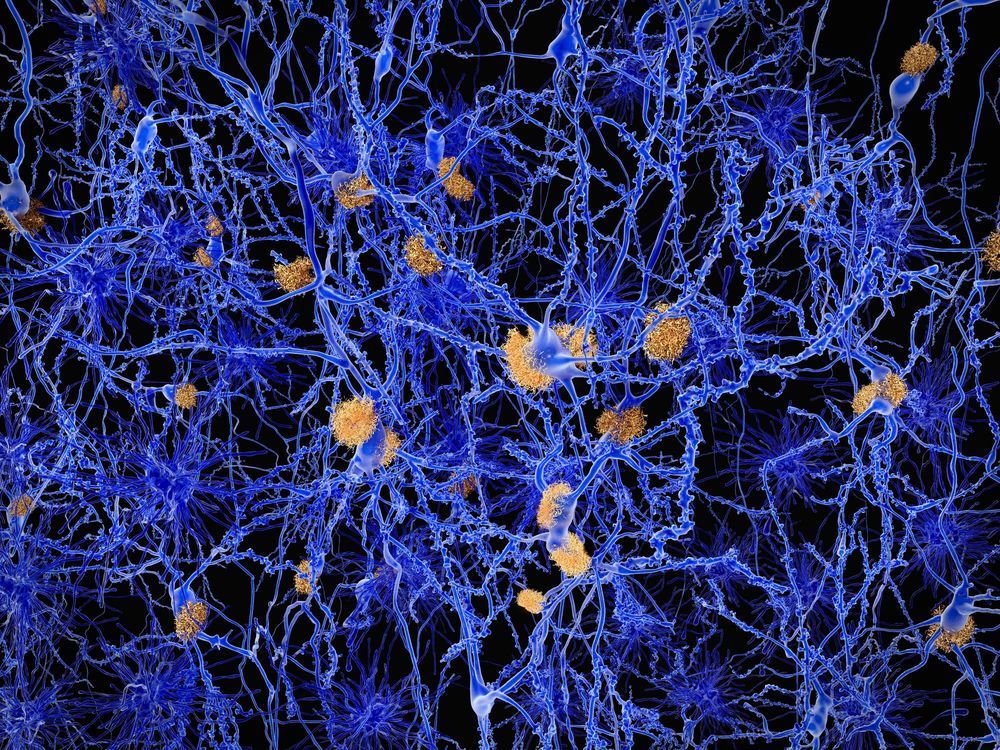An ongoing long-term trial suggests high levels of amyloid proteins in the brain do serve as an early sign of Alzheimer’s disease before cognitive decline becomes apparent.
A new study presenting the first data from a long-running US government trial is suggesting high levels of amyloid proteins in the brains of cognitively normal older adults can be an effective presymptomatic sign of early stage Alzheimer’s disease.
Over the last few decades, the amyloid hypothesis has guided the majority of research into an Alzheimer’s disease treatment. The idea is that a build up of toxic amyloid proteins in the brain, called plaques, is the primary degenerative driver behind the disease.
Unfortunately a near-constant parade of failed clinical trials testing anti-amyloid drugs has caused many researchers to begin doubting the amyloid hypothesis. From neuroinflammation to bacterial infection, a broad number of alternative hypotheses are currently being investigated, however, some scientists suspect anti-amyloid treatments could still work, as long as they commence before major degenerative symptoms appear.
